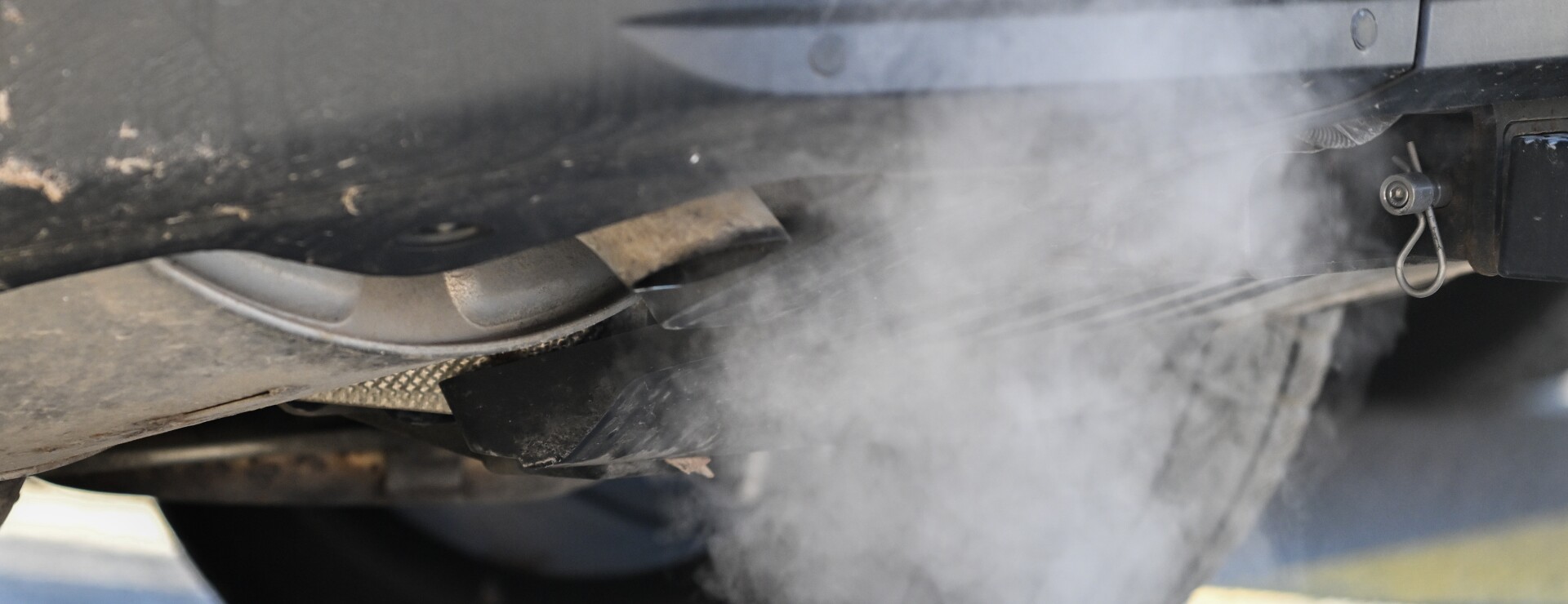A coalition of mostly red states and business groups separately challenged the Biden administration’s new fuel efficiency standards on Wednesday.
The two petitions for review, filed in different courts, are the latest attempt to block one of the White House’s most central climate change policies.
Under the Corporate Average Fuel Economy (CAFE) standards, finalized earlier this month, light-duty vehicles must meet an average of 50.4 miles per gallon in 2031, a concession from an earlier proposal of close to 56 miles per gallon. Fuel economy must increase 2% per year for passenger cars from 2027 to 2031.
The 26 states filed their petition in the US Court of Appeals for the Sixth Circuit, and allege that the National Highway Traffic Safety Administration’s CAFE standards “would bypass the free market while increasing costs on families and undermining the reliability of the electric grid,” the West Virginia attorney general’s office said in a statement.
The final rule also “imposes unworkable standards that leverage the weight of the federal government to require auto manufacturers to produce more electric vehicles,” the office said.
“Congress did not give the NHTSA such power to reshape an industry in a way that would ultimately hurt the pocketbooks of consumers—this rule is legally flawed and unrealistic,” said Patrick Morrisey, attorney general of West Virginia.
The rule will further “undermine American energy security by increasing demand and strain power grids,” Morrisey said.
Separately, a bloc of business groups including the American Petroleum Institute petitioned the US Court of Appeals for the Fifth Circuit on similar grounds.
“American consumers are now facing a slew of unreasonable vehicle mandates that will only restrict choices and make it harder to afford new cars and trucks at a time of persistent inflation,” said Ryan Meyers, API’s senior vice president and general counsel.
The CAFE standards represent “yet another attempt to circumvent Congress and effectively ban new vehicles using liquid fuels that American drivers rely on every single day,” Meyers said in a statement.
Transportation Secretary Pete Buttigieg said when the CAFE standards were released that they would decrease air pollution, save car owners more than $600 over the lifetime of their vehicles, and make the US less dependent on foreign oil.
The new standards come at a time when EV sales fell in the first quarter of 2024. Nevertheless, EV sales have spiked sharply over the course of the Biden administration. Still, many environmentalists have critiqued the CAFE rule, saying it’s not nearly tough enough.
In addition to West Virginia, the states involved in the Sixth Circuit petition are Alabama, Alaska, Arkansas, Florida, Georgia, Idaho, Indiana, Iowa, Kansas, Kentucky, Louisiana, Mississippi, Missouri, Montana, Nebraska, New Hampshire, North Dakota, Ohio, Oklahoma, South Carolina, South Dakota, Texas, Utah, Virginia, and Wyoming.
Parties to the Fifth Circuit challenge include the American Farm Bureau Federation, National Corn Growers Association, Texas Corn Producers Association, Texas Farm Bureau, and six auto dealers.
The cases are West Virginia v. Nat’l Highway Traffic Safety Admin., 6th Cir., Petition for Review 6/26/24 and Am. Petroleum Inst. v. Nat’l Highway Traffic Safety Admin., 5th Cir., Petition for Review 6/26/24.

